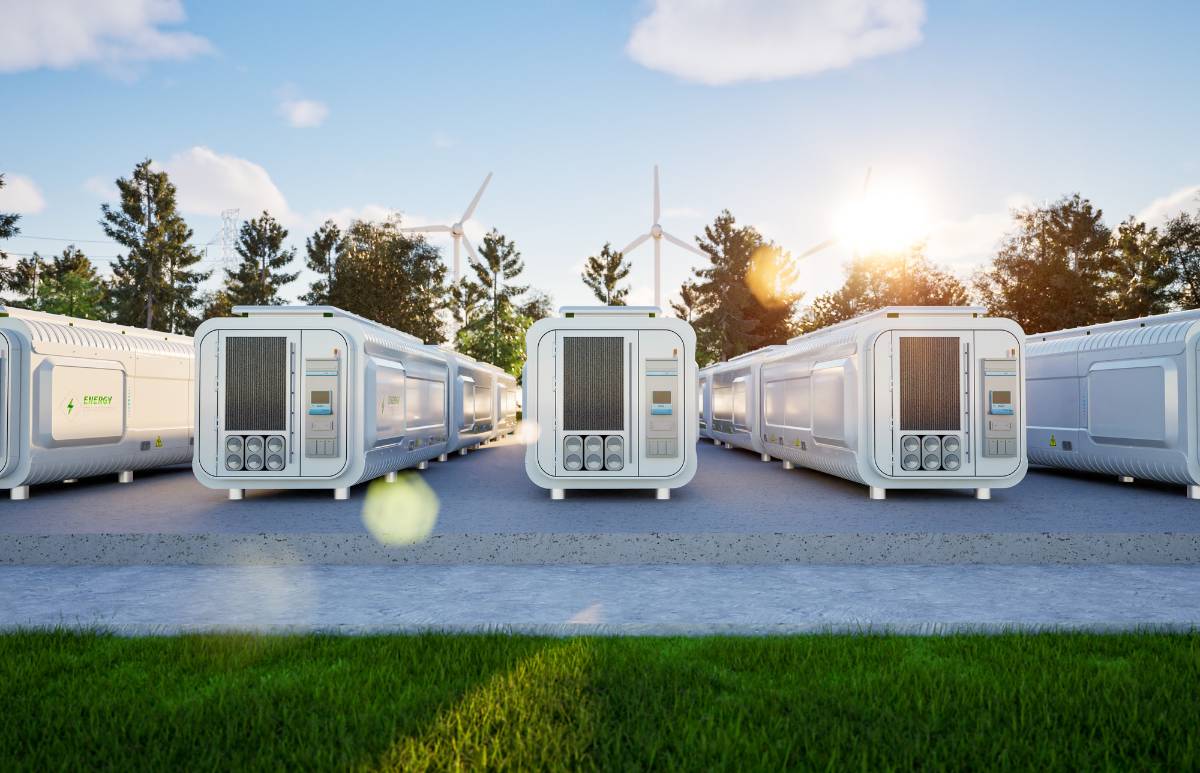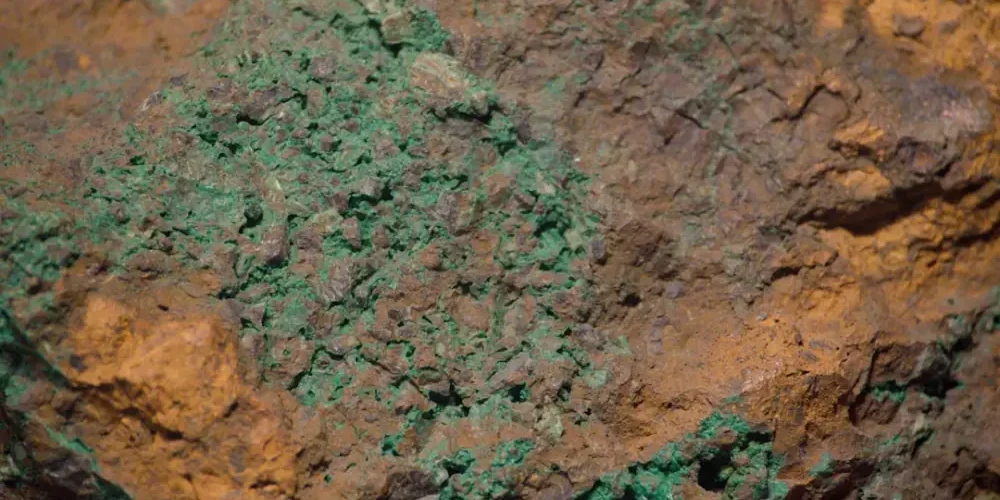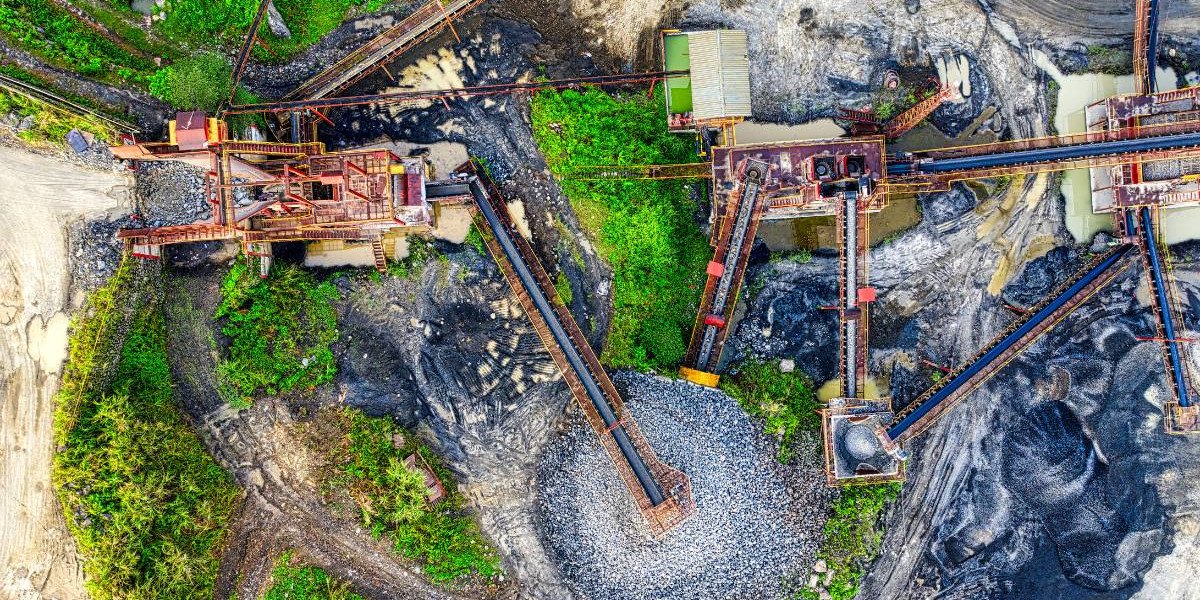As global industries accelerate toward clean energy and sustainability, the pressure to source materials responsibly has never been greater. The world’s transition to a low-carbon future relies on critical resources—copper, lithium, nickel, and others—but how we extract and manage these resources defines whether that future is truly sustainable.
Today, responsible resource development is not just a corporate goal—it’s a global imperative.
1. The Changing Landscape of Resource Extraction
For decades, mining was driven by output and profitability. Now, it’s driven by accountability. The new reality demands that mining companies balance economic growth, environmental protection, and community engagement in equal measure.
Modern investors, governments, and consumers all expect operations to meet ESG (Environmental, Social, and Governance) standards. Projects that fail to address their social or environmental impact face delays, opposition, and reputational risk.
The age of unchecked extraction is over—today’s industry must prove that development can coexist with sustainability.
2. Environmental Stewardship Is a Strategic Advantage
Mining operations now sit at the heart of climate strategy. With renewable energy systems, electric vehicles, and digital infrastructure all depending on mineral supply, reducing the environmental footprint of extraction has become a strategic necessity.
Technologies like closed-loop water recycling, renewable-powered operations, and precision exploration help minimize impact while maximizing efficiency. Companies that adopt these innovations don’t just protect the environment—they secure their long-term competitiveness in an increasingly regulated world.
3. Empowering Local Communities
True sustainability extends beyond environmental performance—it includes social responsibility. Responsible development means ensuring that nearby communities benefit from mining activities through local employment, infrastructure investment, and skill development.
Open dialogue, fair compensation, and transparent engagement turn potential conflicts into long-term partnerships. A project that uplifts its community is one that earns its social license to operate—and maintains it.

4. Governance and Transparency Build Investor Confidence
Investors are prioritizing companies that demonstrate ethical governance and transparent reporting. With global regulations tightening, the ability to track materials from mine to market is critical.
By integrating traceability systems and independent audits, responsible developers ensure accountability across the supply chain—reassuring stakeholders that sustainability isn’t a slogan, but a standard.
5. A Foundation for a Sustainable Future
The path to a decarbonized economy runs directly through the mining sector. Without responsibly sourced copper and other critical minerals, renewable energy and electrification would stall.
Responsible resource development ensures that progress doesn’t come at the planet’s expense. It’s how the mining industry transforms from an environmental challenge into an enabler of sustainable growth.
Conclusion: Responsibility Is the New Competitive Edge
In a world defined by environmental urgency and social awareness, responsible resource development is no longer optional—it’s the benchmark of leadership. The companies that invest in cleaner technology, fair partnerships, and transparent practices aren’t just extracting minerals; they’re building the ethical foundation of the global energy transition.
In the 21st century, sustainability isn’t a cost—it’s the smartest investment of all.
Related Posts
The Growing Supply Deficit in the Global Copper Market
Explore the profound implications of…
The Growing Supply Deficit in the Global Copper Market
Explore the structural supply deficit…




